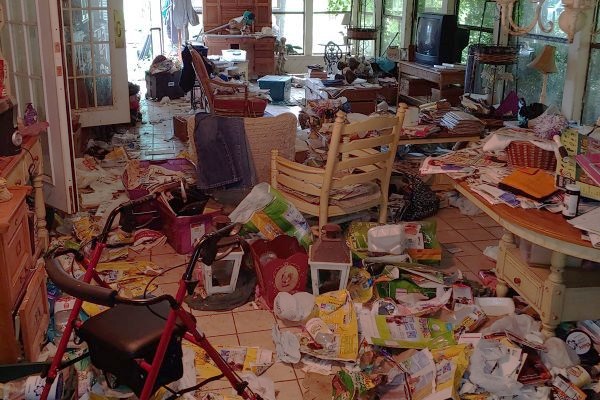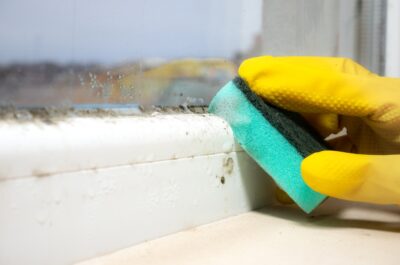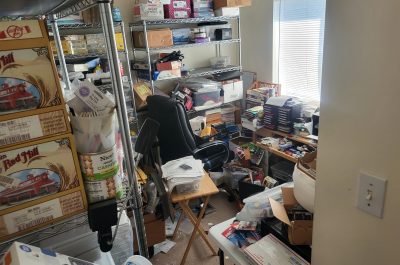Cluttered homes are not just an eyesore or an organizational challenge; they can also be breeding grounds for a host of health hazards that pose significant risks to those who live there. From active rat infestations to the presence of mold and unsanitary conditions, the health risks of living in such environments are severe and multifaceted. This article aims to shed light on these potential issues and the importance of maintaining a clean and clutter-free living space.
Active Infestations
Rat and mouse infestations are a serious concern in cluttered homes, as these rodents find ample hiding spots and nesting materials within the clutter. Rats are carriers of various diseases, such as Hantavirus, leptospirosis, and salmonellosis, which can be transmitted to humans through direct contact or exposure to rat urine, droppings, or saliva. The presence of rats can also lead to secondary infestations of parasites like fleas, which carry their own set of diseases.
Dried Rodent Droppings
The dangers of rodent infestations extend beyond the presence of live animals. Extensive amounts of dried rodent droppings pose significant health risks, particularly when they become airborne during cleanup efforts. Inhalation of particles from dried droppings can lead to respiratory diseases, including Hantavirus Pulmonary Syndrome, a severe and sometimes fatal respiratory disease.
Mold Growth
Cluttered environments often have poor ventilation, contributing to damp conditions that encourage mold growth. Mold spores can cause allergic reactions, asthma attacks, and other respiratory issues. Long-term exposure to mold can lead to more serious health problems, particularly for individuals with weakened immune systems or pre-existing respiratory conditions.
Indoor Pet Waste
Homes with multiple pets, especially where animals are allowed to relieve themselves indoors, are at risk of ammonia buildup from urine, which can irritate the respiratory system. Feces, both from pets and humans, can harbor harmful bacteria and parasites, leading to gastrointestinal and other infections. The presence of feces also contributes to an unsanitary living environment, compounding the risk of disease transmission.
Air Quality
The accumulation of animal waste, dried rodent droppings, and mold significantly deteriorates indoor air quality. Poor air quality can exacerbate respiratory conditions such as asthma and can lead to the development of chronic respiratory and cardiovascular diseases over time.
Preventive Measures
Addressing clutter is the first step in mitigating these health hazards. Regular cleaning and decluttering can help prevent rodent infestations and reduce the risk of mold growth. Ensuring that pets have designated outdoor areas for relief and maintaining good ventilation can also improve air quality and reduce health risks.
For homes already facing these issues, professional remediation services may be necessary to safely and effectively eliminate the hazards. Professionals have the tools and expertise to handle hazardous materials and restore the home to a safe and healthy condition.
Ready to Restore Health and Harmony to Your Home?
If you’re concerned about the health hazards lurking in a cluttered environment, it’s time to take action. Our team specializes in addressing and eliminating the risks associated with clutter, including rodent infestations, mold growth, and unsanitary conditions. We’re here to provide you with expert guidance and comprehensive cleaning solutions to ensure your home is not only organized but, most importantly, safe and healthy.
Don’t let clutter compromise your well-being. Contact us today to schedule a thorough evaluation of your home. Together, we can create a clean, serene, and healthful living space for you and your loved ones. Take the first step towards a safer home by reaching out to us now.




